Original Equipment Manufacturers (OEMs) face many questions before building any product. After they are convinced that there is a business potential in their new product, next comes the crucial stage of project execution. They aspire to build the product in-time, maybe before the competitors or better than the competing products,… Read More
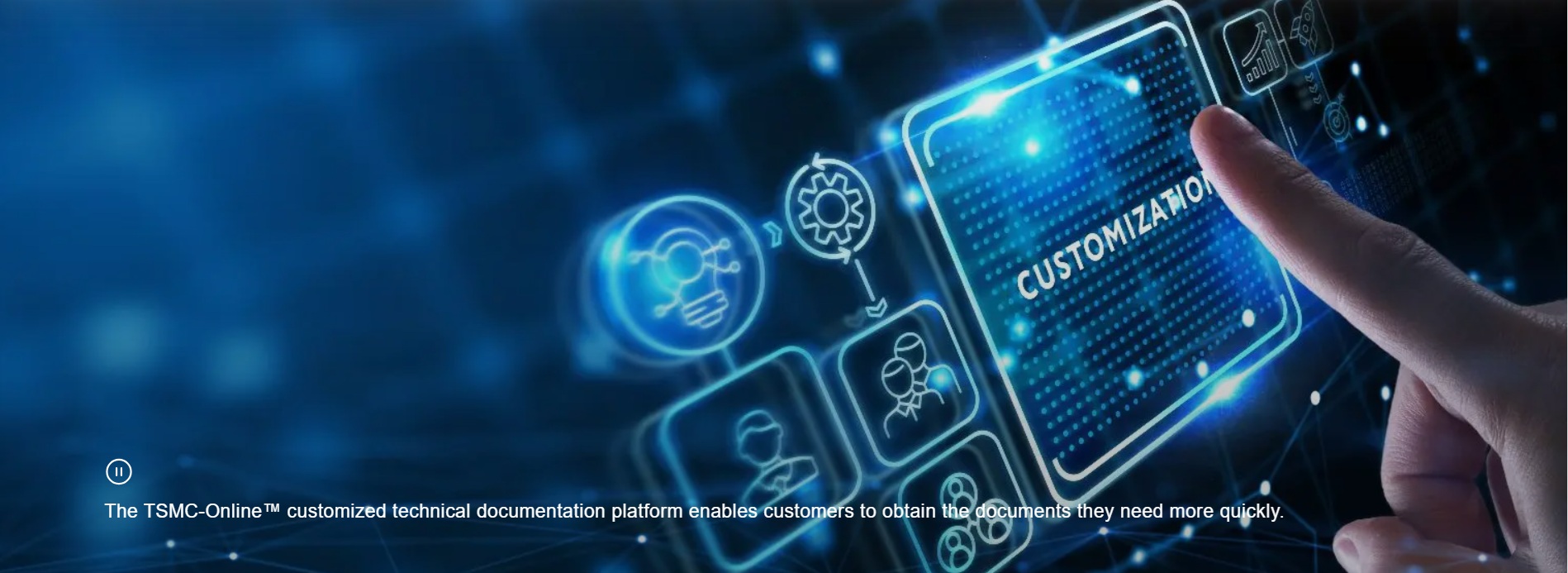 TSMC's Customized Technical Documentation Platform Enhances Customer ExperienceTaiwan Semiconductor Manufacturing Company, the world's leading dedicated…Read More
TSMC's Customized Technical Documentation Platform Enhances Customer ExperienceTaiwan Semiconductor Manufacturing Company, the world's leading dedicated…Read More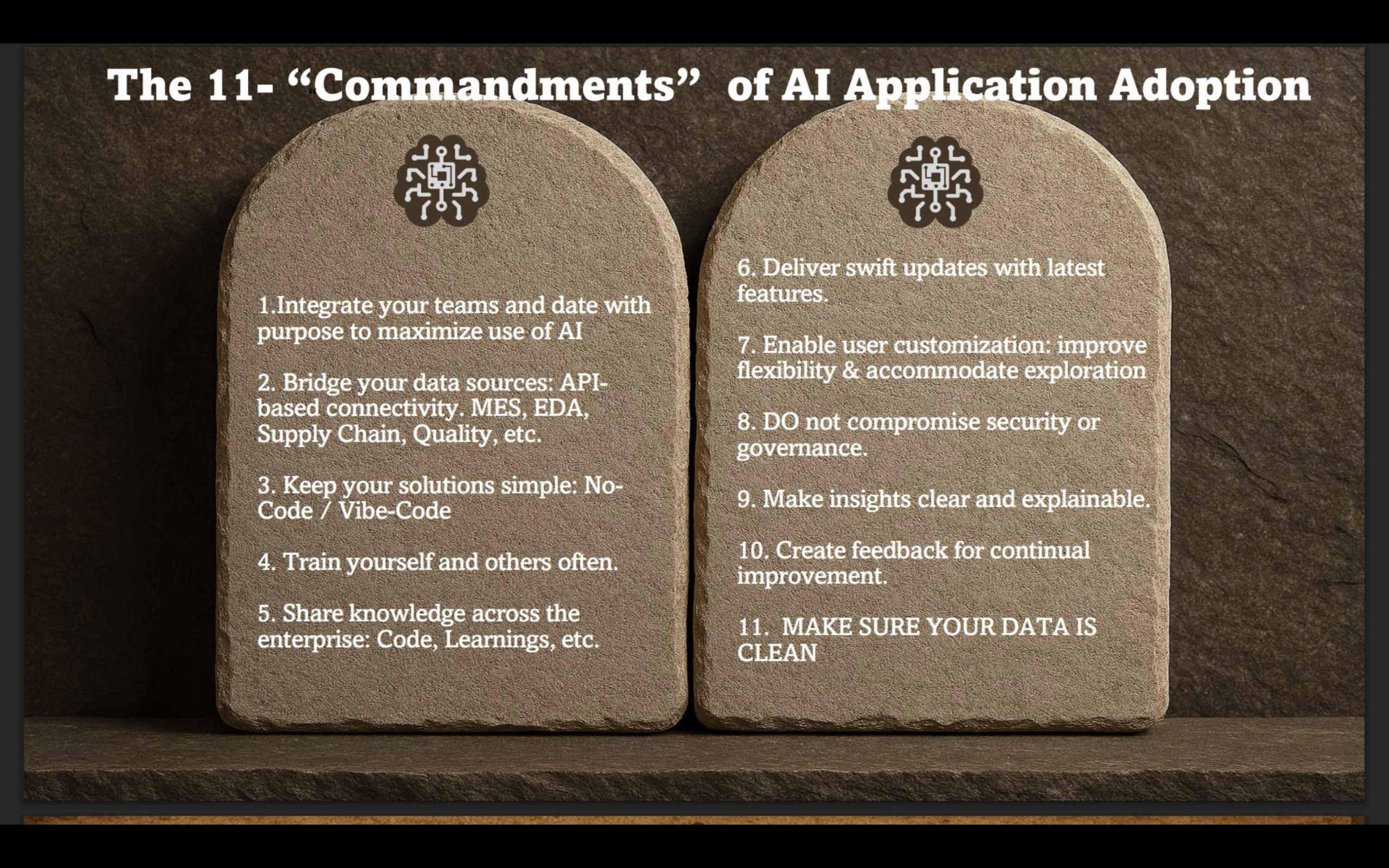 PDF Solutions' AI-Driven Collaboration & Smarter DecisionsWhen most people hear the term PDF, they…Read More
PDF Solutions' AI-Driven Collaboration & Smarter DecisionsWhen most people hear the term PDF, they…Read More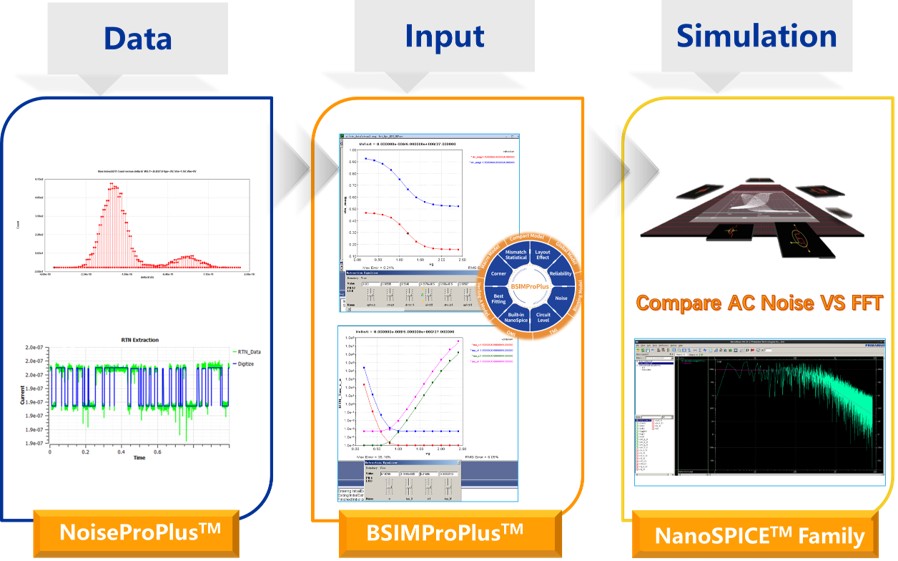 Bringing Low-Frequency Noise into FocusKey takeaways The challenge of acquiring high-quality, reproducible…Read More
Bringing Low-Frequency Noise into FocusKey takeaways The challenge of acquiring high-quality, reproducible…Read More A Brief History of TSMC Through 2025Taiwan Semiconductor Manufacturing Company, the world's largest dedicated…Read More
A Brief History of TSMC Through 2025Taiwan Semiconductor Manufacturing Company, the world's largest dedicated…Read MoreWe Don’t Need Graphic Design. We Do Need Graphic Views
Many years ago, there were attempts to (re-) introduce a graphical entry approach to building RTL design. The Renoir product was one example. The idea has some initial appeal. You describe the behavior in a small block using (textual) RTL but the larger structure of instances and higher-level connectivity can be described as a … Read More
Keep It Simple, Allstate
A report in the Wall Street Journal last week dives into the insurance industry’s quandary over the anticipated onset of self-driving cars that might significantly and negatively impact the volume of claims and, ultimately, mitigate the need for car insurance altogether. The report is simultaneously a source of alarm and relief… Read More
Next SemiWiki Book Signing Event: MIPI DEVCON!
This is the first MIPI DEVCOM event and the location is my favorite, the Computer Museum in Silicon Valley. For those of you who haven’t been, the Computer Museum preserves and presents for posterity the artifacts and stories of the information age, an age we all grew up in. For those of you who have been to the Computer Museum there … Read More
Low Frequency Noise Challenges IC Designs
AMS and RF IC designers have known for years that their circuits are sensitive to noise, because if you amplify noise on an input source to an amplifier circuit then your chip can start to produce wrong answers. Even digital SoC designers need to start taking notice because every SoC is filled with SRAM IP blocks, and at each shrinking… Read More
Apple will NEVER use Intel Custom Foundry!
The media already has Apple and Intel in talks to make the A11 SoC in 2018 as a result of the recent Intel/ARM IP licensing deal. This is probably one of the funnier media bumbles I have read in a while so let’s talk about it in a little more detail.
“According to Nikkei Asian Review, Intel is now perfectly poised to give TSMC a good run for… Read More
Striving for one code base in accelerated testbenches
Teams buy HDL simulation for best bang for the buck. Teams buy hardware emulation for the speed. We’ve talked previously about SCE-MI transactors as a standardized vehicle to connect the two approaches to get the benefits of both in an accelerated testbench – what else should be accounted for?… Read More
What is Virtualization?
Virtualization is software that separates physical infrastructures to create various dedicated resources. It is the fundamental technology that powers cloud computing.
“Virtualizationsoftware makes it possible to run multiple operating systems and multiple applications on the same server at the same time,”… Read More
GM Trumps Ford
I strongly recommend giving a listen to John McElroy’s panel discussion podcast featuring Julia Steyn (pictured on the right, above), vice president of urban mobility and Maven for General Motors along with John Voelcker of Green Car Reports and Rebecca Lindland of Kelley Blue Book. Steyn offered up a mountain of substance regarding… Read More
What is Deep Learning?
Deep learningis an emerging topic in artificial intelligence (AI). A subcategory of machine learning, deep learning deals with the use of neural networks to improve things like speech recognition, computer vision, and natural language processing. It’s quickly becoming one of the most sought-after fields in computer… Read More


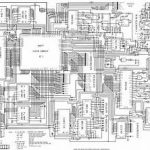
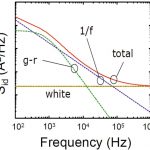
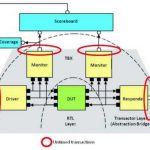
Quantum Computing Technologies and Challenges